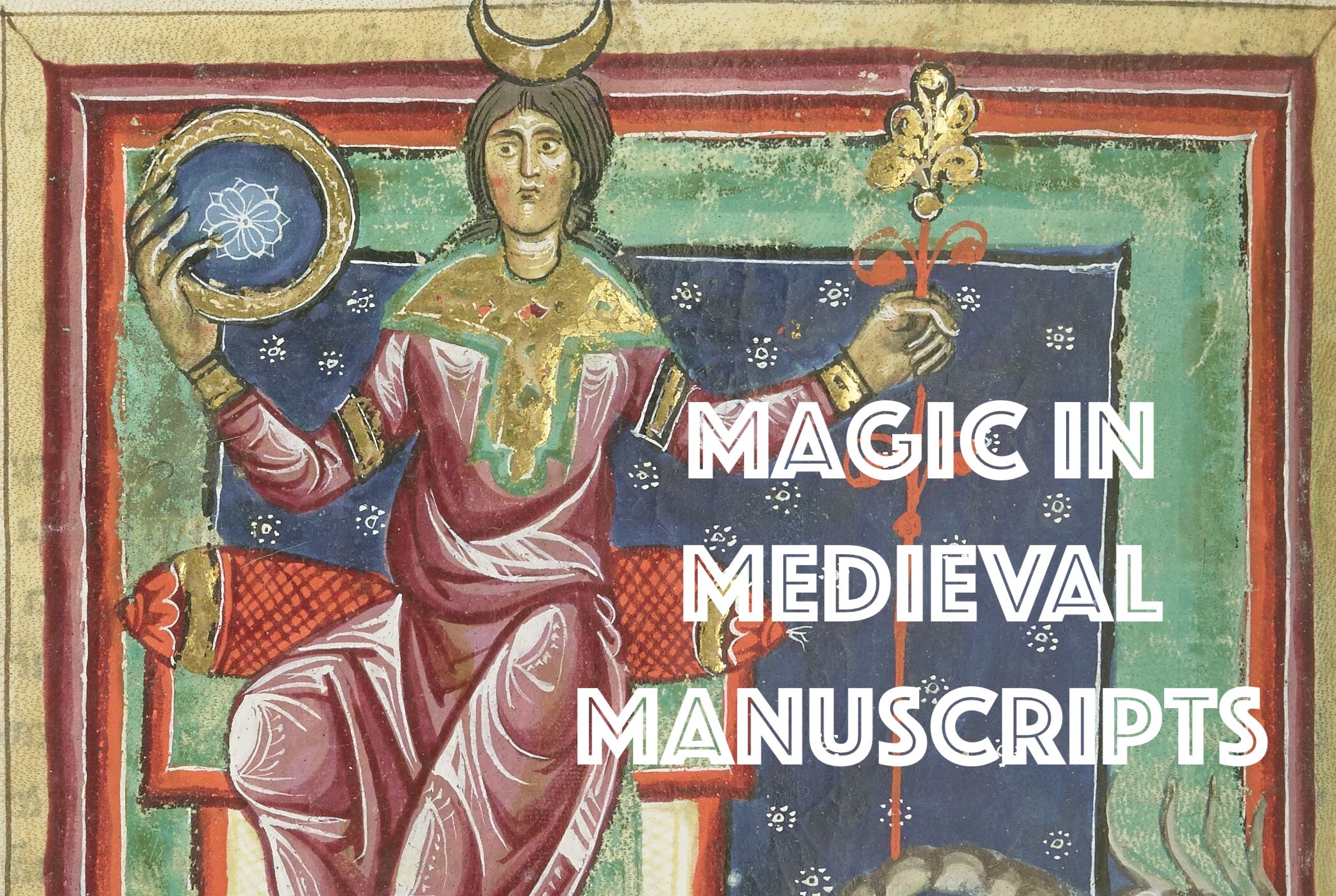
"Magical texts in medieval manuscripts, like those of Georgius Zotorus Zaparus Fendulus, reveal a colorful and complex interplay of astrology, magic, and scholarship."
"Ars Notoria promised students mastery of their subjects through rituals and symbols, highlighting the medieval quest for knowledge through mysticism."
"The oldest Latin palmistry text found in a Canterbury Psalms underscores the surprising intersection of magic and practical decision-making in medieval leadership."
"King Alfonso X of Castile's investment in magic books and practitioners illustrates how magic and astrology intertwined with the royal governance of his time."
The article explores the rich presence of magical texts in medieval manuscripts, emphasizing their elaborate illustrations and the allure of astrology. Notably, Georgius Zotorus Zaparus Fendulus's work illustrates mythical creatures for celestial bodies and zodiac signs. The Ars Notoria offers a mystical approach to education, promising students knowledge through rituals. Further, the article notes the historical significance of palmistry, highlighting an early Latin text found in a Canterbury Psalms. This intertwining of magic with decision-making, as seen in Thomas Becket's consultations, reflects the period's unique blend of scholarship and mysticism, particularly among rulers like King Alfonso X of Castile.
Read at Medievalists.net
Unable to calculate read time
Collection
[
|
...
]